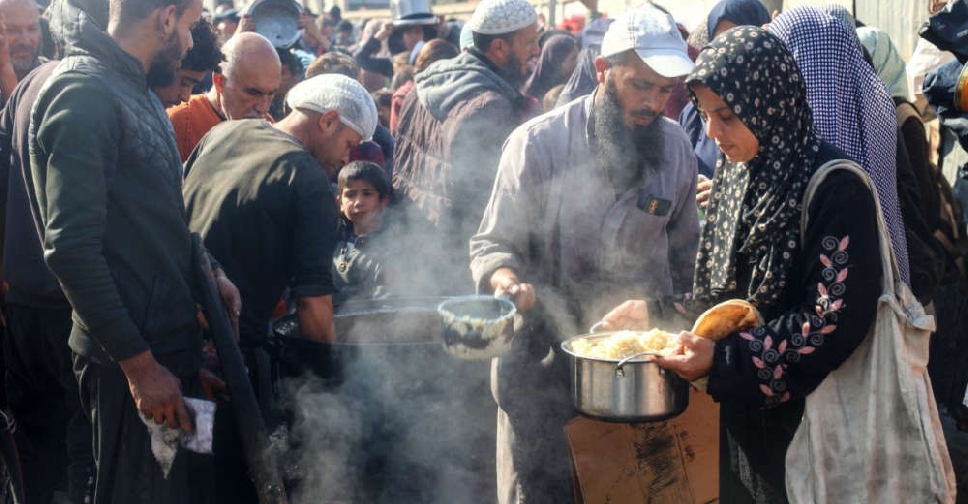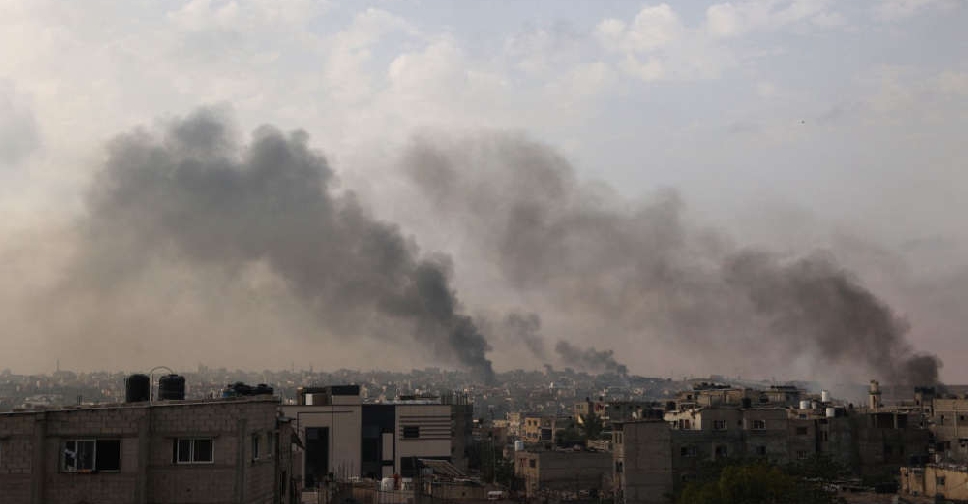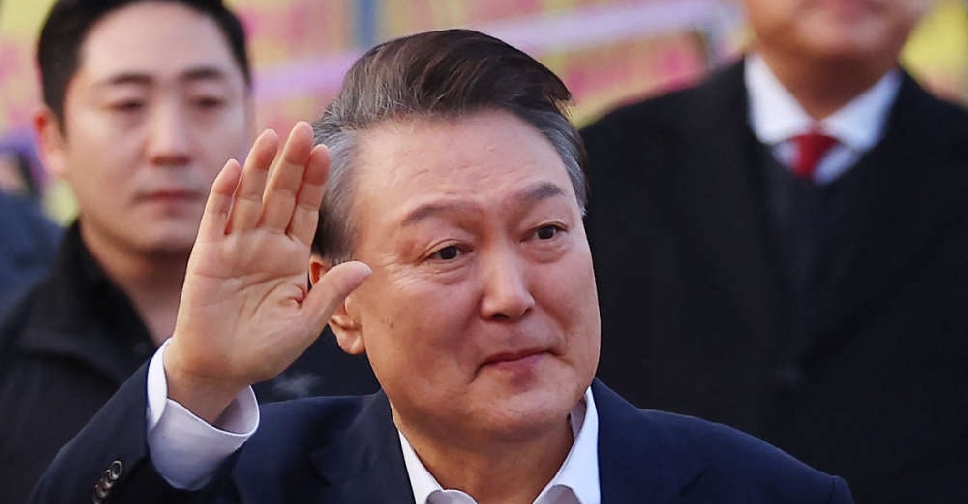
The Trump administration’s effort to slash and reshape American foreign aid is crippling the intricate global system that aims to prevent and respond to famine.
Struggling to manage hunger crises sweeping the developing world even before US President Donald Trump returned to the White House, the international famine monitoring and relief system has suffered multiple blows from a sudden cessation of US foreign aid.
The spending freeze, which Trump ordered upon taking office January 20, is supposed to last 90 days while his administration reviews all foreign-aid programs. Secretary of State Marco Rubio has said an exception allows emergency food assistance to continue.
But much of that emergency aid is at least temporarily halted as humanitarian organisations seek clarity about what relief programs are allowed to continue. Compounding the problem is Trump’s move this week to shut the US government’s top relief provider, the US Agency for International Development (USAID).
About 500,000 metric tons of food worth $340 million (AED1.2 trillion) is in limbo, in transit or storage, as humanitarian organisations wait for US State Department approval to distribute it, said Marcia Wong, a former senior USAID official who has been briefed on the situation.
US-provided cash assistance intended to help people buy food and other necessities in Sudan and Gaza also has been halted, aid workers told Reuters. So has funding for volunteer-run community kitchens, an American-supported effort in Sudan to help feed people in areas inaccessible to traditional aid, these people said.
Humanitarian organisations have hit roadblocks in getting paid for emergency food operations. Questions about what programs have permission to continue have gone unanswered, because the people who normally field such inquiries, officials at USAID, have been placed on leave, at least six sources said.
The Famine Early Warning Systems Network (FEWS NET), the US entity that produced regular food security alerts meant to prevent famine, also has been shut down. Its loss leaves aid organisations without a key source of guidance on where and how to deploy humanitarian relief.
And the US government issued stop-work orders to two major manufacturers of nutritional supplements, diminishing the supply of life-saving food for severely malnourished children around the world.
“We are the one thing that nearly everyone agrees on, that little children who are starving and need emergency aid need help,” said Mark Moore, chief executive officer of Mana Nutrition of Georgia, one of the two suppliers ordered to stop producing supplements. “It is not hype or conjecture or hand wringing or even contested use of stats to say that hundreds of thousands of malnourished children could die without USAID."
Shortly after this story was published, the US government notified Mana and the other manufacturer, Edesia Nutrition of Rhode Island, that the stop-work orders had been rescinded.


 Thousands of Australians without power as cyclone Alfred hits
Thousands of Australians without power as cyclone Alfred hits
 Israeli airstrike kills two in southern Gaza
Israeli airstrike kills two in southern Gaza
 12 people injured in Toronto pub shooting
12 people injured in Toronto pub shooting
 Cyclone Alfred downgraded as millions stay indoors
Cyclone Alfred downgraded as millions stay indoors
 South Korea's President Yoon free, trials continue
South Korea's President Yoon free, trials continue







